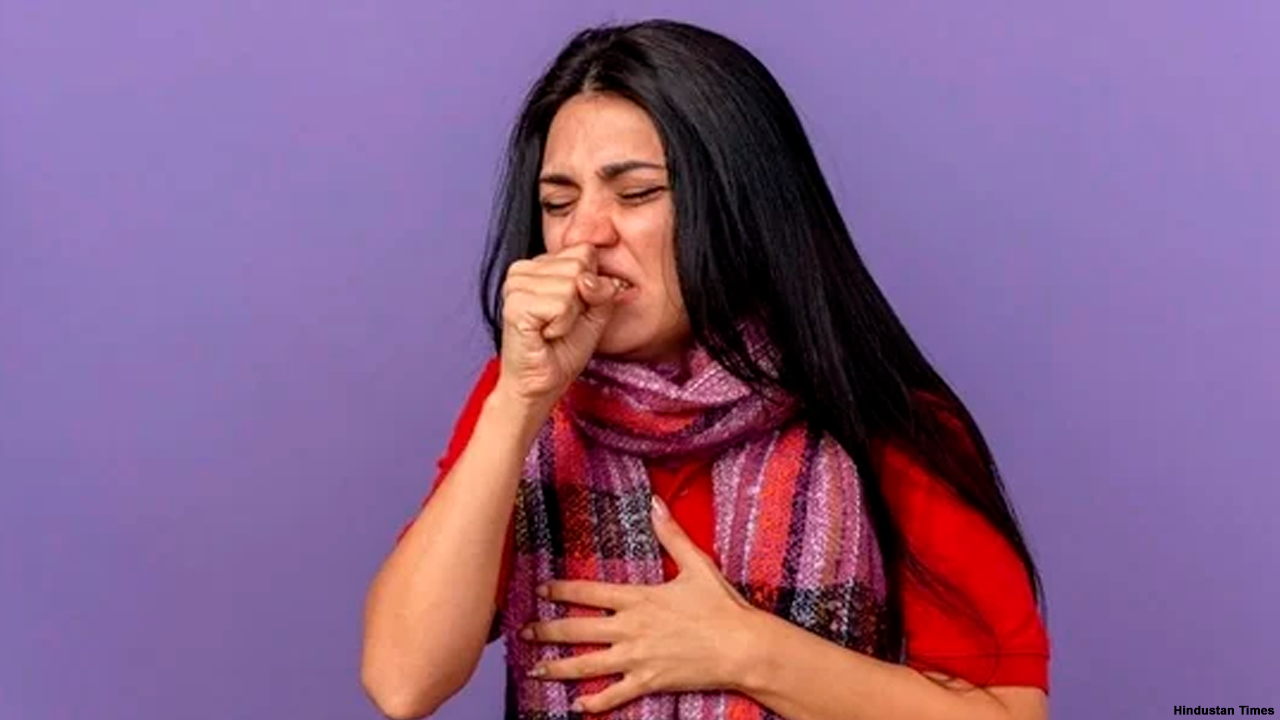Nowadays persistent or chronic coughs have got quite common. COVID, pollution, asthma, or TB causes long-lasting coughs. Cough is a protective reflex to clear airways. When a cough persists for more than 8 weeks, it is labeled as a chronic cough. Chronic cough is not only irritating and tiresome, but it can also lead to a range of other problems like difficulty in sleeping (due to continuous cough), vomiting, headache, dizziness, and irritability.
Many of us carry on our daily chores as we feel a little relaxed from coughing. You may think slowly it will go away completely but some underlying condition or inner damage might make it worse.
Chronic cough can be because of multiple causes. Some of these causes are life-threatening. Diagnosing the right cause is very important for correct treatment and speedy recovery.
Some causative factors are
TB – Post Tuberculosis bronchiectasis leads to chronic cough. In India, any person complaining of chronic cough needs to evaluate for tuberculosis.
Bronchial asthma – If your coughing doesn’t go away within 2-3 weeks of time, then do get tested for asthma as coughing is the prime symptom of asthma. The most common cause of chronic cough in the young age group is untreated bronchial asthma. Many times, cough is the only symptom of asthma, these patients may not complain of any breathlessness. However seasonal variation and various triggering factors like dust, smoke, and strong odor is there.
Cancer or COPD - In the elderly, lung cancer, lung fibrosis, chronic obstructive pulmonary disease (COPD), and heart failure can cause a chronic cough.
COVID – Post-COVID, many people are complaining of chronic cough. The airways can become ultrasensitive to allergens which can cause chronic coughing.
Other factors – Gastro-oesophageal reflux disease, foreign body aspiration, post nasal drip also leads to chronic cough.
One shouldn’t delay the treatment for chronic cough as it may cause permanent damage to the lungs.
(Disclaimer: The content on this site is for informational purposes only, and should not be taken as professional medical advice. Always seek the guidance of your doctor or other health professionals for any questions you may have regarding your health or a medical condition.)

 A long-standing dry cough can slowly deteriorate your health permanently. It might be due to any medical condition or environmental pollution. Here are some common reasons why they are getting turned chronic.
A long-standing dry cough can slowly deteriorate your health permanently. It might be due to any medical condition or environmental pollution. Here are some common reasons why they are getting turned chronic.




















.jpeg)










.jpg)
.jpeg)